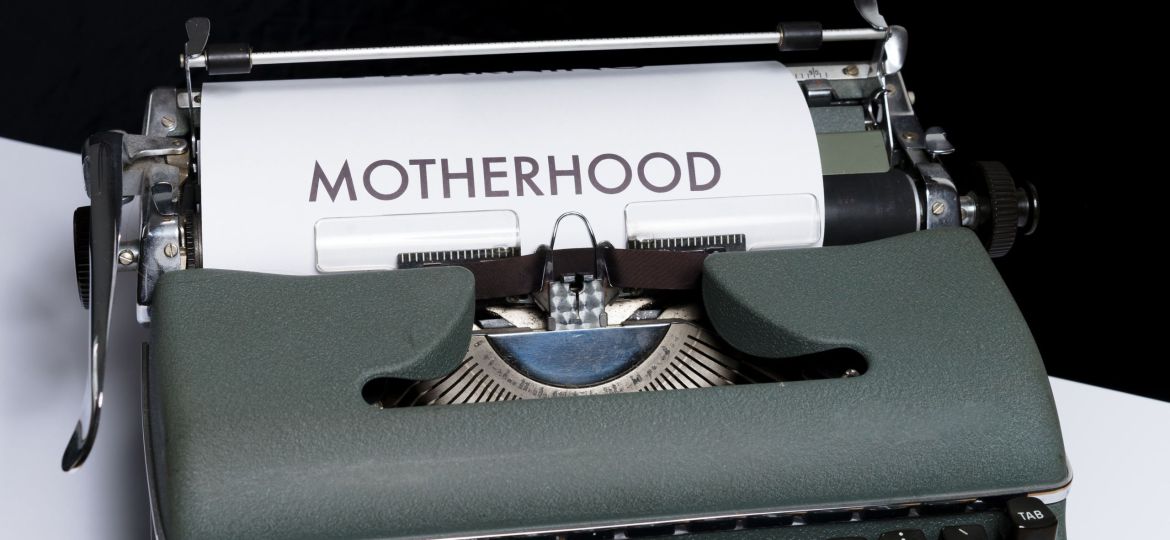
In Ann Patchett’s The Dutch House, a mother runs away, leaving behind her young kids. Years later, she returns – the daughter is forgiving, but the son is distant. When the brother confronts his sister for her acceptance of their estranged mother, he asks, “What kind of person leaves their kids?”
She answers, “Men leave their children all the time and the world celebrates them for it. The Buddha left and Odysseus left and no one gave a shit about their sons. They set out on their noble journeys to do whatever the hell they wanted to do and thousands of years later we’re still singing about it.”
It is women’s socio-economic role to produce babies and to nurture them. Reproductive labour, which forms the backbone of a capitalist society, goes unnoticed and unpaid, and women are expected to perform it without complaint. These expectations, as Patchett rightly points out, are limited to women. In Marriage Story, a divorce lawyer details how fathers are expected to be silent, selfish and unreliable, while we don’t accept any of those failings in women. She sums up, “… the basis of our Judeo-Christian whatever is Mary, Mother of Jesus, and she’s perfect. She’s a virgin who gives birth, unwaveringly supports her child and holds his dead body when he’s gone. And the dad isn’t there.”
The idealisation of motherhood is crucial to our culture; it is important that the mother is self-sacrificing. This sacrificial instinct isn’t limited to women’s behaviour. It goes on to encompass the entirety of her corporeality and the way she performs it. In its extremities, it valorises women’s pain, most visible in the societal disdain for epidurals and caesareans. Women mustn’t take drugs to ease their pain, there is excessive regard for those who give birth ‘naturally’. Documenting these hypocrisies in her book (M)otherhood, Pragya Agarwal writes, “These women were the true mothers, the ones who were cooking for the husband and the family in the hour after they gave birth, which they often did smiling. Never grimacing, never screaming, never incapacitated after the ordeal of childbirth.” Implicit in this desensitization is also the absolute disregard for women’s mental health, whether during pregnancy or after. There exists a lot of stigma around post-partum depression, often discouraging women from seeking medical help.
Any deviation from this norm is seen as a woman dodging her reproductive duties. When Priyanka Chopra and her partner Nick Jonas decided to have a child through surrogacy, the Internet was flooded with criticisms of her choice. There were tirades against her vanity and wealth, but the point to the criticism is much simpler – what grants you the right to call yourself a mother is the unflinching ‘willingness’ to sacrifice. In ‘renting a womb,’ Chopra committed the greatest folly of all, treasuring your own career over your maternal duty of bearing your child.
In Chopra’s own response, she is careful not to stray too far from the narrative herself: “You don’t know me. You don’t know what I’ve been through. And just because I don’t want to make my medical history, or my daughter’s, public [sic] doesn’t give you the right to make up whatever the reasons were.” Chopra defends her privacy but falls short of acknowledging the significance of her autonomy. The societal obsession with women’s wombs is not limited to an invasion of another’s privacy, nor is it a consequence of a cultural fixation on gossip. It is a carefully constructed adage that must be bowed down to in order to defend a patriarchal structure: women must cherish motherhood above all. Since women’s wombs exclusively service this structure, it is their duty to accept the pain biology confers.
The notion of choice and autonomy is either entirely missing or conditional; no truly liberating framework exists. Even when women are allowed to not have a child, they must offer a convincing explanation for what they plan on doing instead. In Sheila Heti’s Motherhood, a girl interrupts a Marxist intellectual intent on not having children, and says, “Being a woman, you can’t just say you don’t want a child. You have to have some big plan or idea of what you’re going to do instead. And it better be something great.”
Gendered vocabulary, Agarwal points out, furthers societal myths. Fertility is a woman’s biggest asset, and she is responsible for it, in ways men are not. Implicit in the vocabulary ‘child-bearer’, is the notion of women being property, and their wombs being the site of profit. Men may be called ‘sterile,’ but never ‘barren’. The stake society sees in another woman’s child would have one believe children are societal property. And yet, we know, single mothers frequently face economic struggles compounded with issues of high unemployment rates, child-care, and affordability. In her book, Agarwal adequately sums up the experience as “responsibility sans choice”.
Societal narratives around motherhood assume a universal category of the mother, on to whom are imposed gendered expectations. Recent feminist discourse reveals this assumption to be false. Women, in the way Sara Ahmed uses the term in her book Living a Feminist Life, is for all those “who travel under the sign woman”. The diversity of these experiences are not considered in any of our accounts, even those that consciously do the work of subversion, like Agarwal’s book. However, Agarwal points us to an important lacuna, a problem she encountered while writing her book, “I am unable to fall back on hard science, data, and research here, as so little has been done in this area.”
In the absence of this research, any endeavour to incorporate these experiences is tokenistic. Encouraging these conversations directs the discourse to the individual, away from a “biologically predetermined reality”. The consequence, Agarwal hopes, is a re-imagination of motherhood, “as women’s choice rather than destiny”.
Cover Image: Photo by Markus Winkler on Unsplash